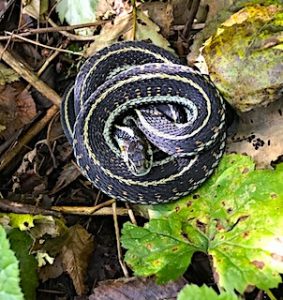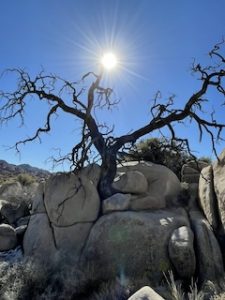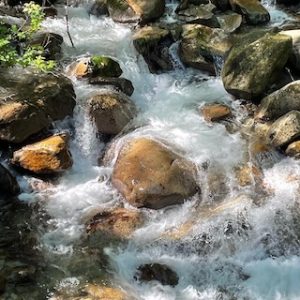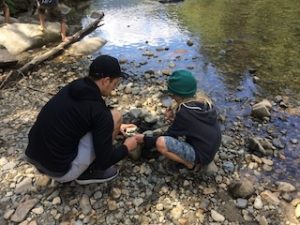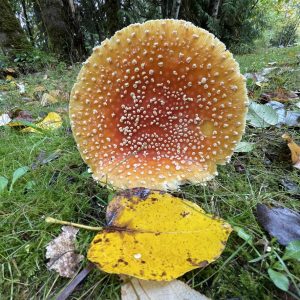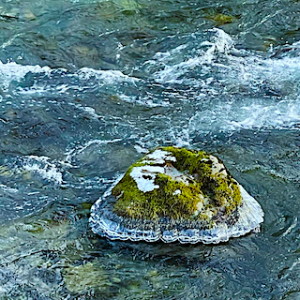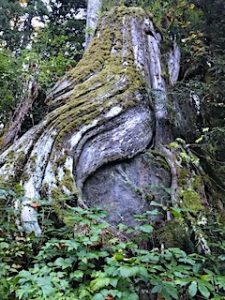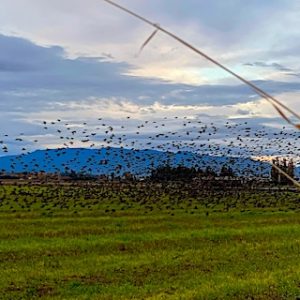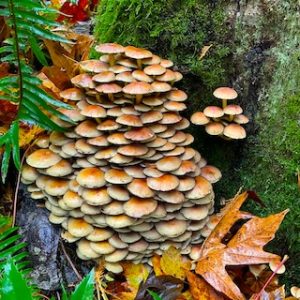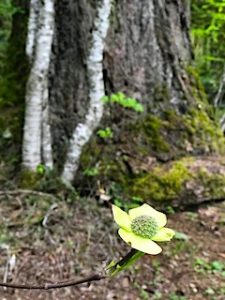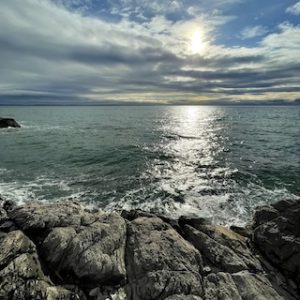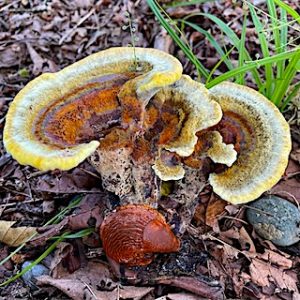 The Columbia City Yoga on-line Moving into Meditation class met this morning. In exploring renunciation we practiced with letting go and opening to. I appreciate Oren’s encourage to ask for help. I am so grateful to have people I trust to help me in those moments when I’m contracting around a difficult experience. I also ask them to help me to open my heart when I know I’ve closed it.
The Columbia City Yoga on-line Moving into Meditation class met this morning. In exploring renunciation we practiced with letting go and opening to. I appreciate Oren’s encourage to ask for help. I am so grateful to have people I trust to help me in those moments when I’m contracting around a difficult experience. I also ask them to help me to open my heart when I know I’ve closed it.
We continued to draw from Oren Jay Sofer’s book: Your Heart Was Made for This: Contemplative Practices for Meeting a World in Crisis with Courage, Integrity, and Love. Oren explores renunciation through the lenses of personal, inter-personal and collective. He writes: “Renunciation allows us to embrace the relative and to open beyond it. By releasing the tendency to contract around anything, we realize a wider perspective, very much including the diversity at the core of a just society. Renunciation creates the possibility of holding multiple even conflicting perspectives simultaneously.”
Oren quoted Roshi Bernie Glassman, founder of Zen Peacemakers. You can see a beautiful five minute video about Bernie and his work by following this link You can read Zen Is All of Life: Remembering Roshi Bernie Glassman, the Lion’s Roar article about Bernie’s legacy. You can see a funny picture of him, his dog and his cigar here too.
 We heard Madronna Holden’s poem, Ask the River. I discovered the poem recently published by Kosmos Journal. Her site is an adventurous compilation of writings on world views and values, ecofeminism, folklore and poetry. Have a cup of tea here and be delighted!
We heard Madronna Holden’s poem, Ask the River. I discovered the poem recently published by Kosmos Journal. Her site is an adventurous compilation of writings on world views and values, ecofeminism, folklore and poetry. Have a cup of tea here and be delighted!

